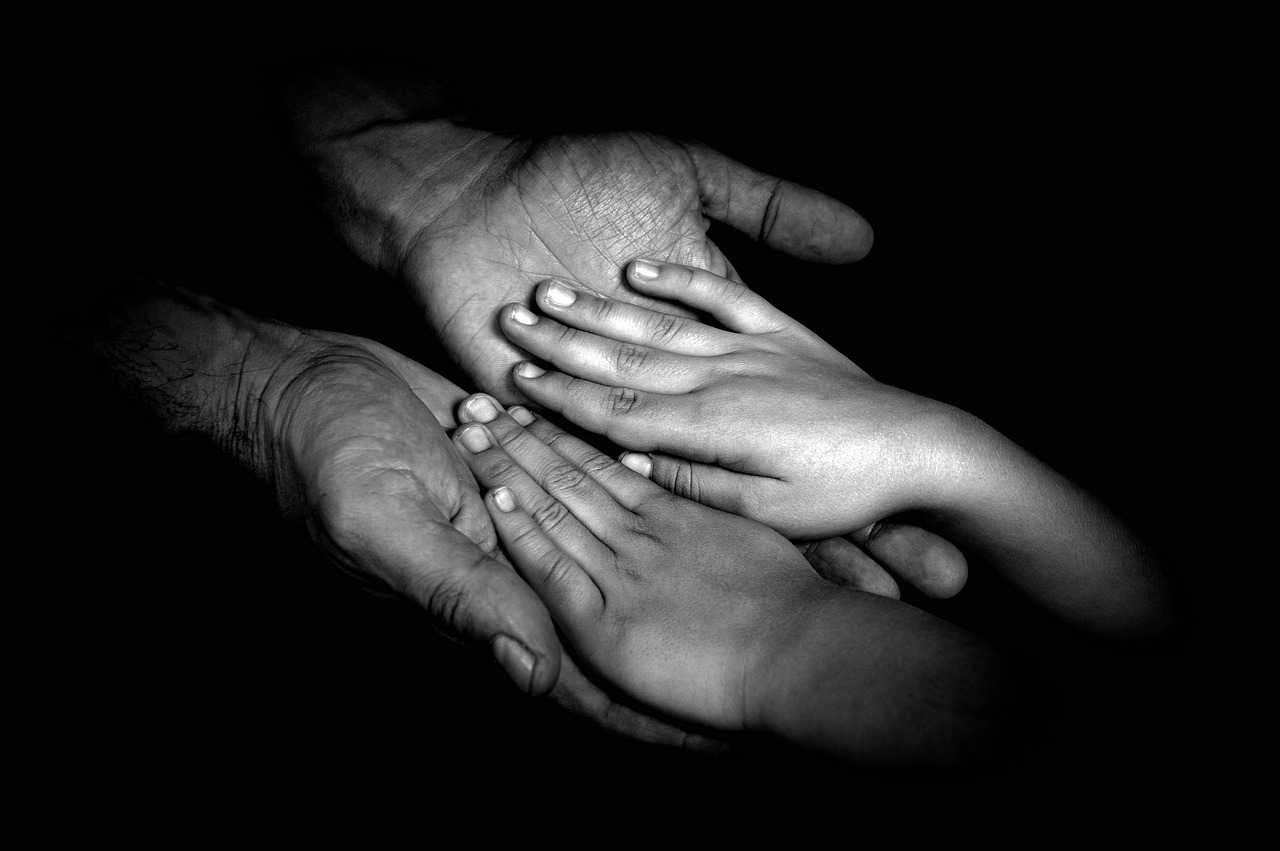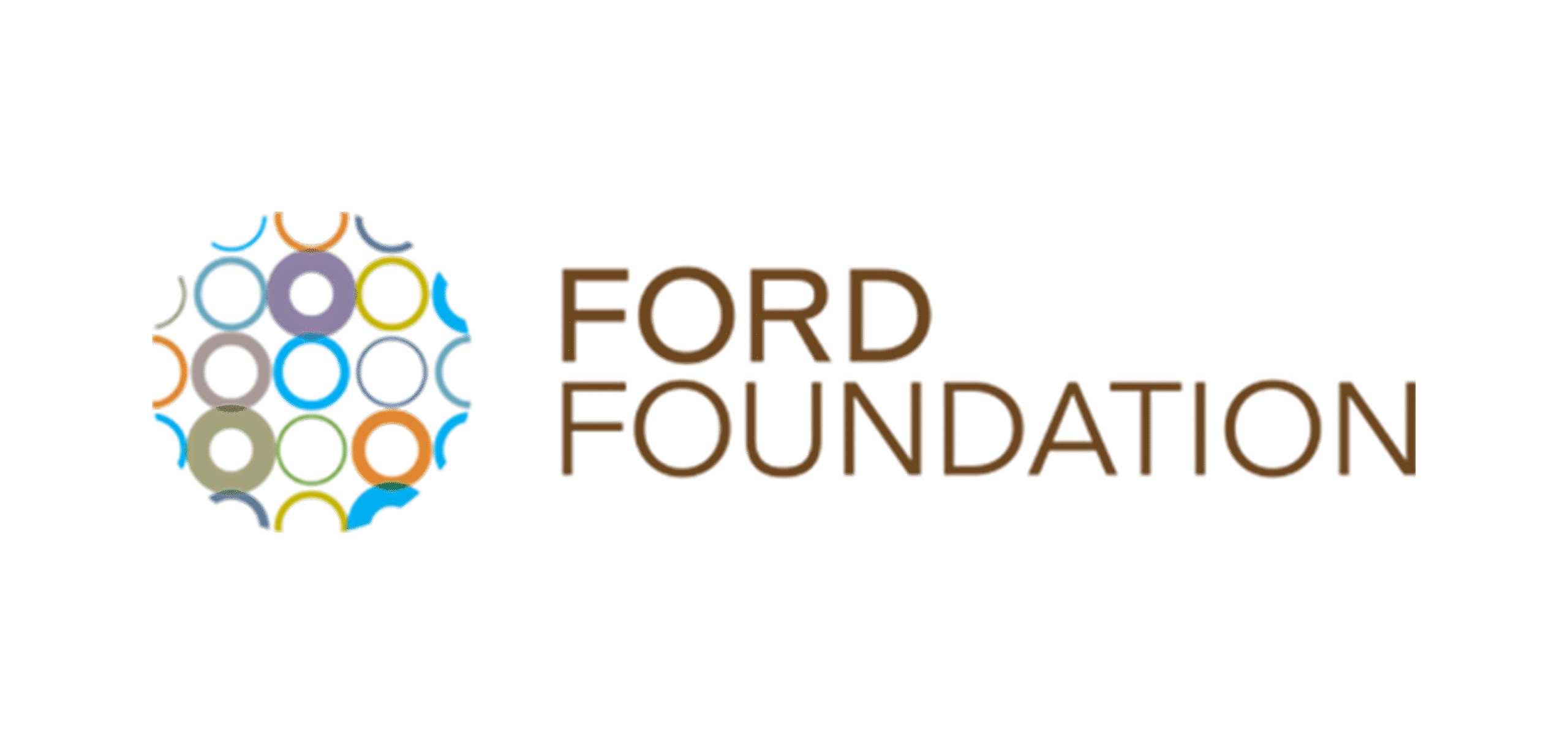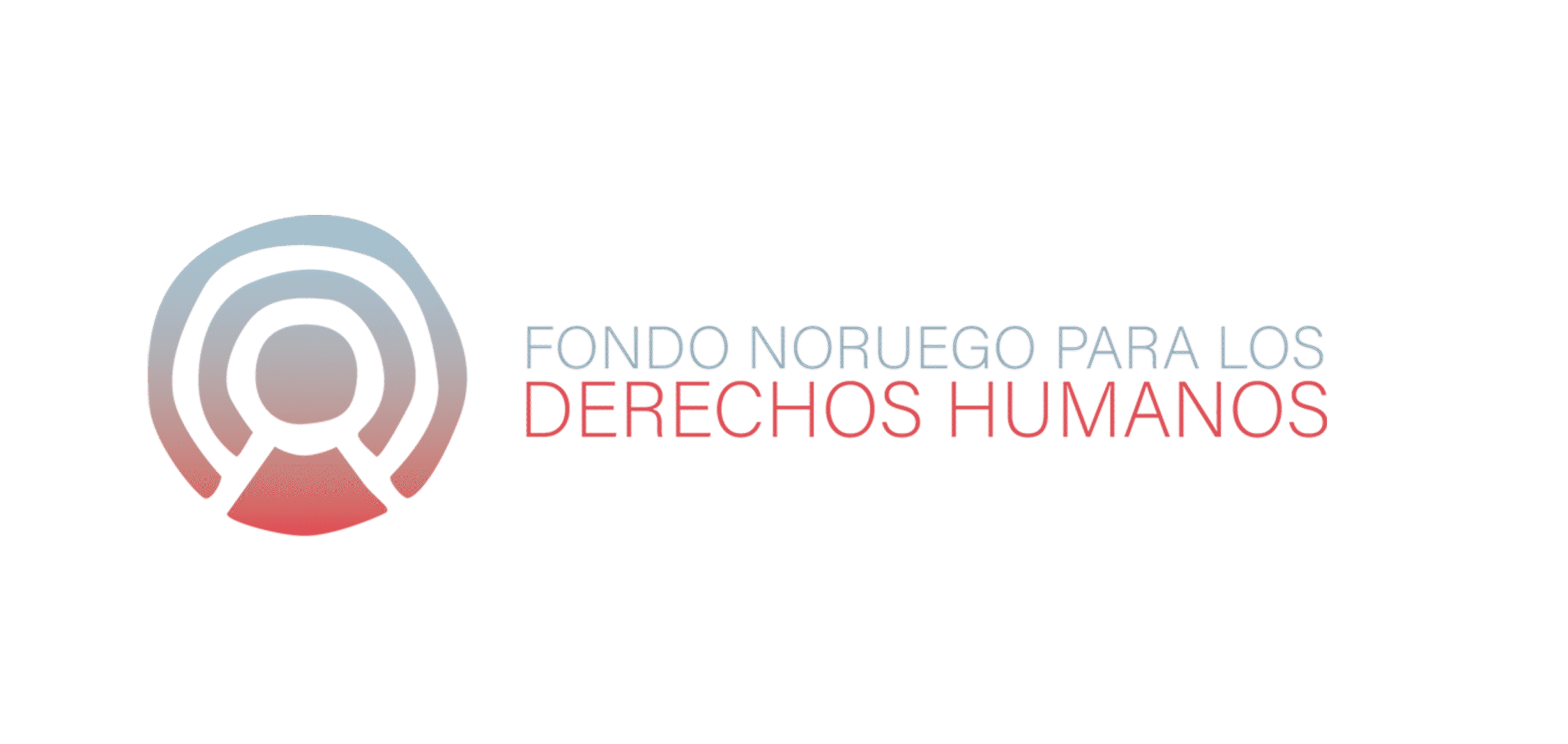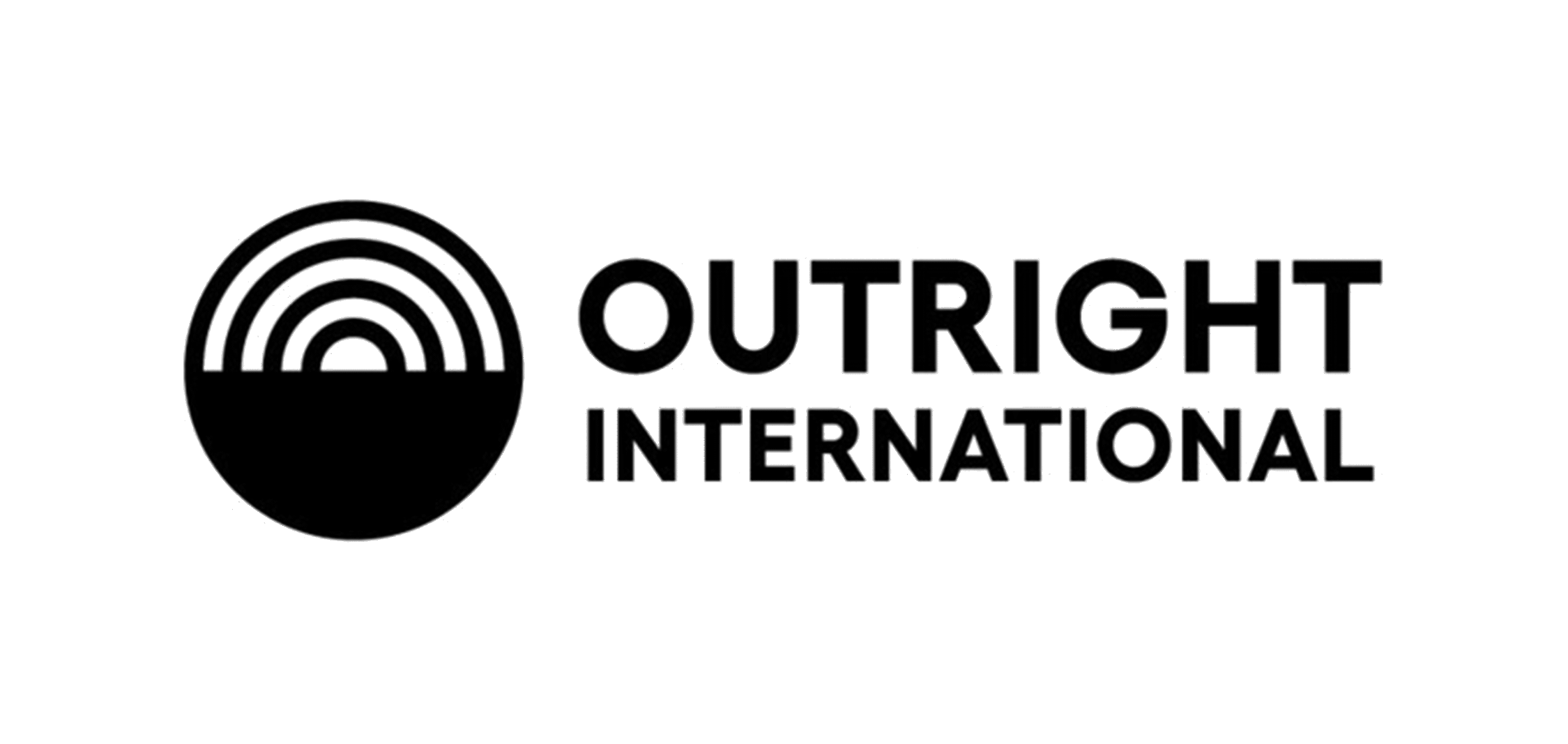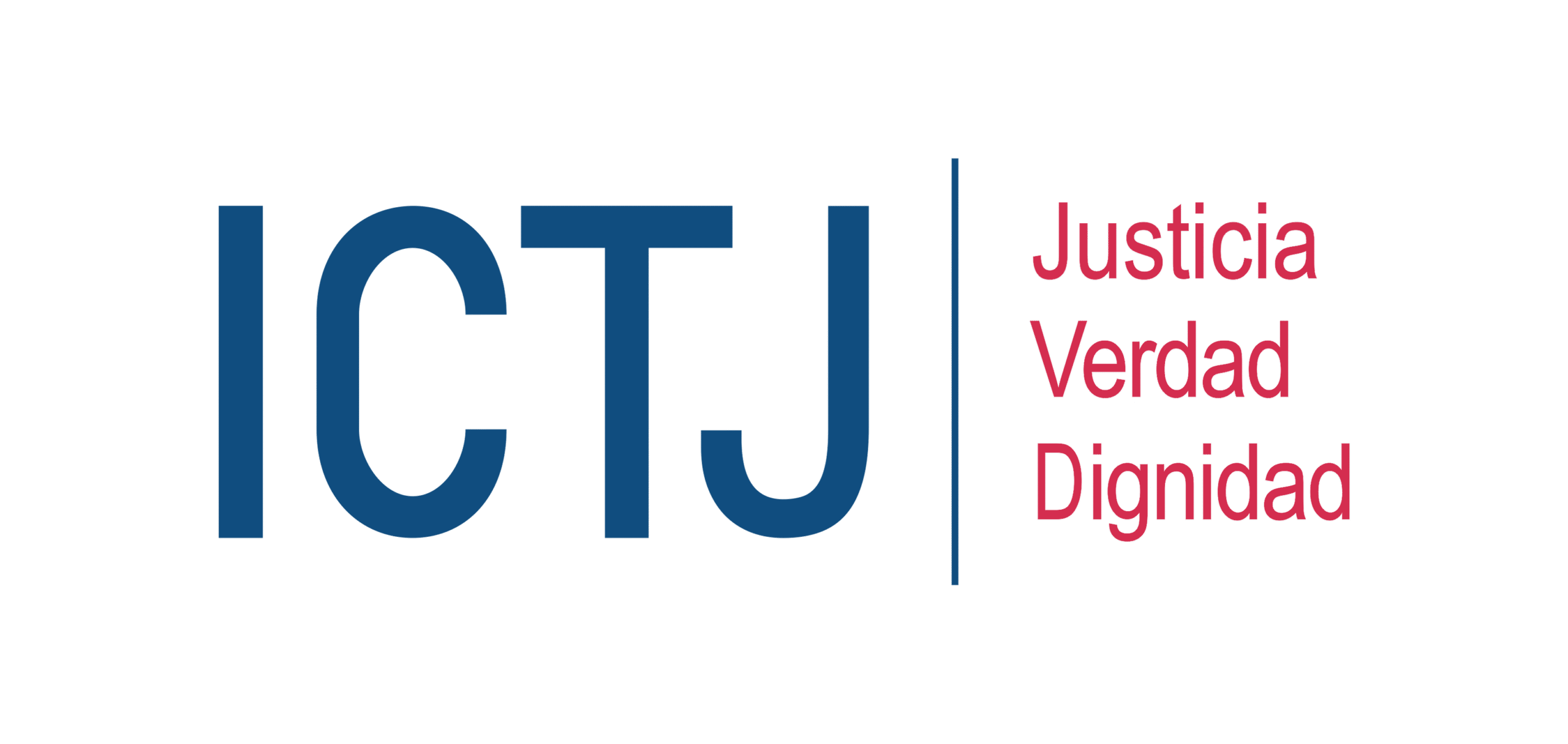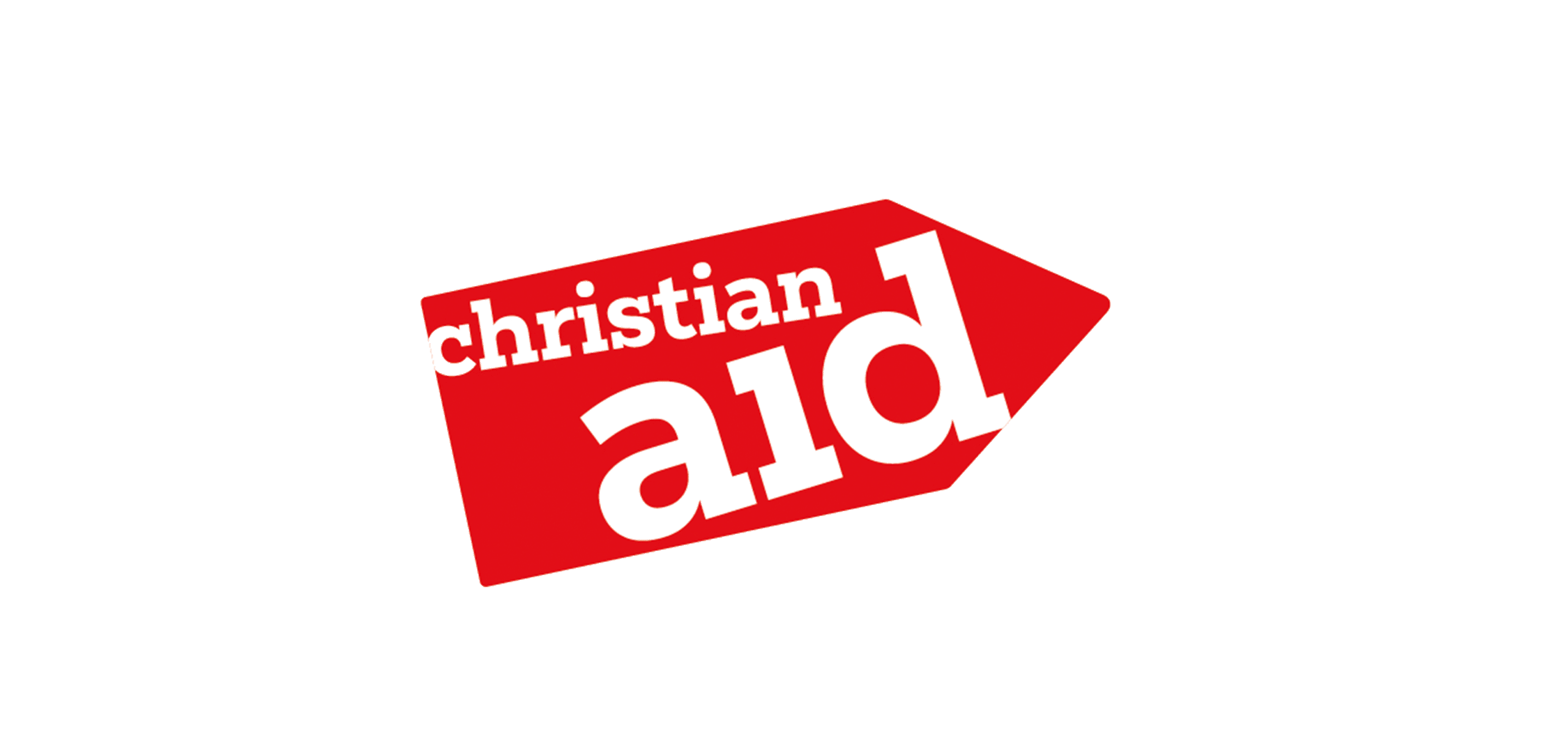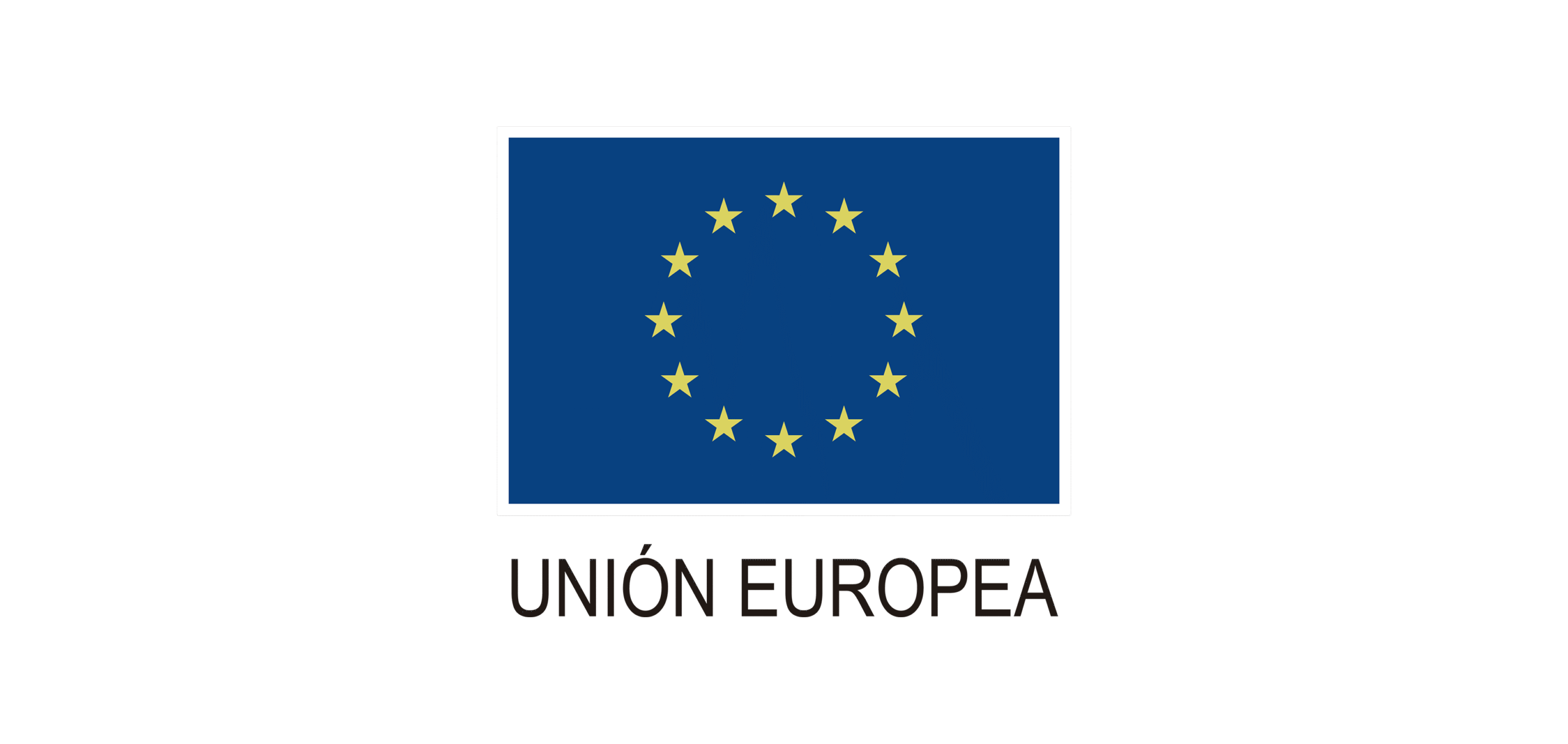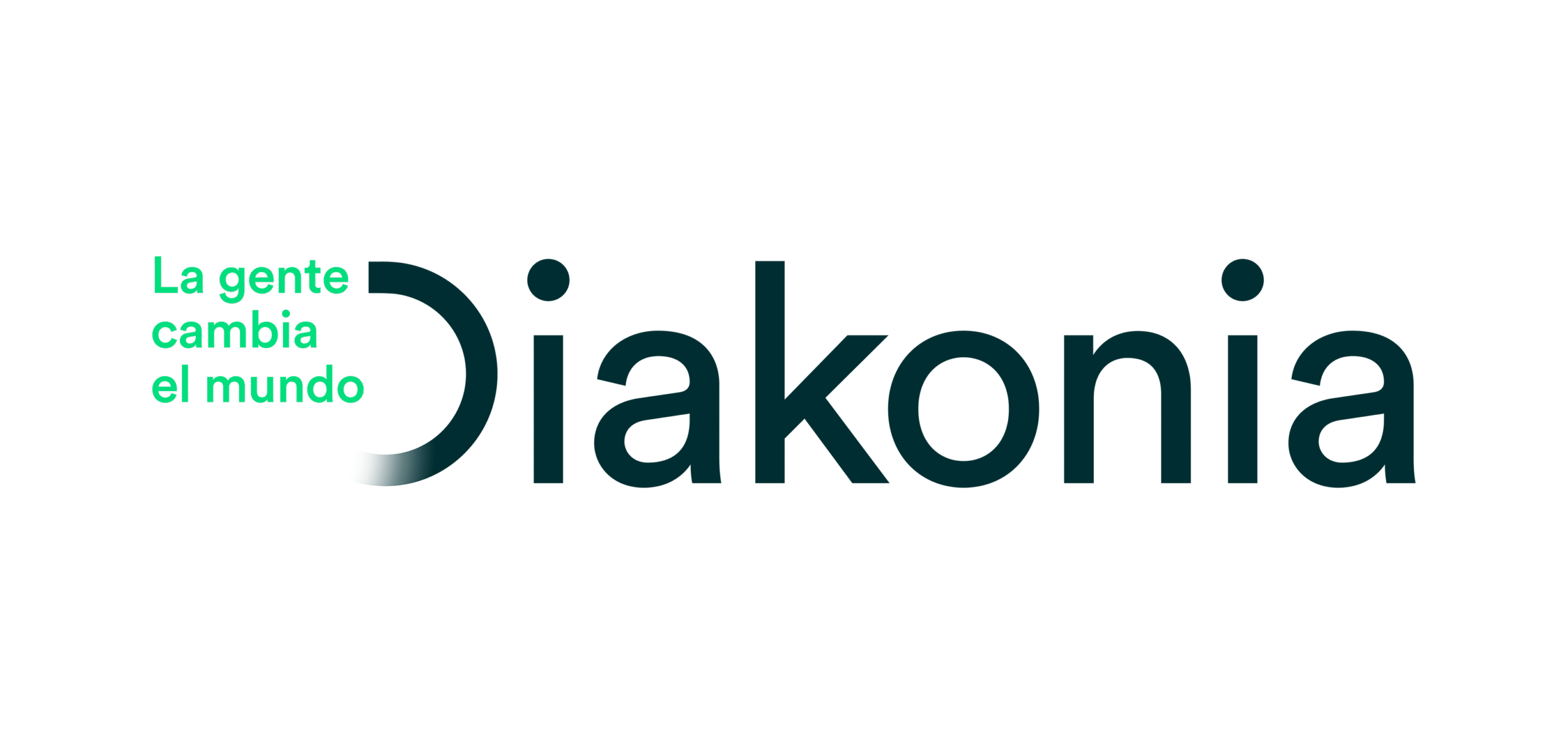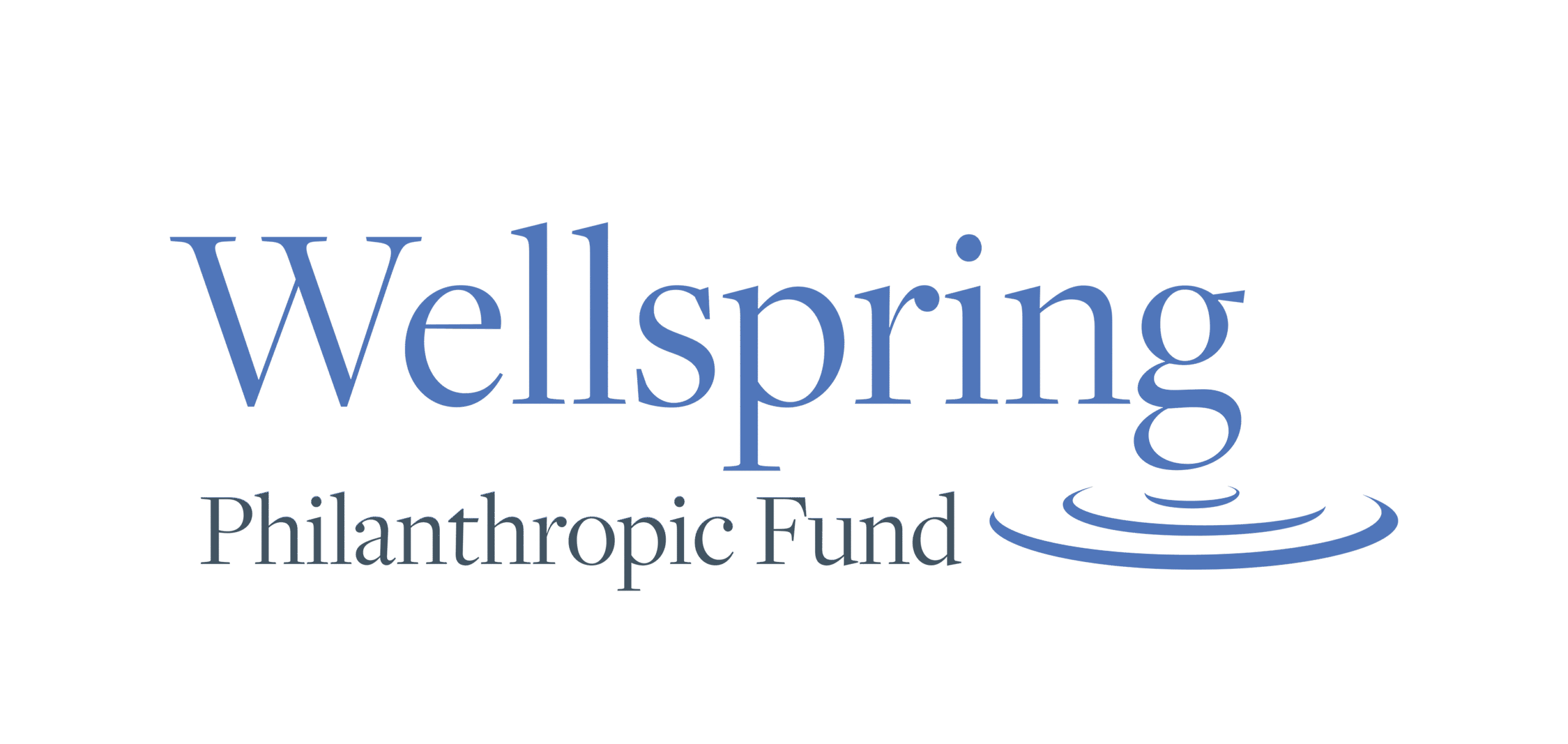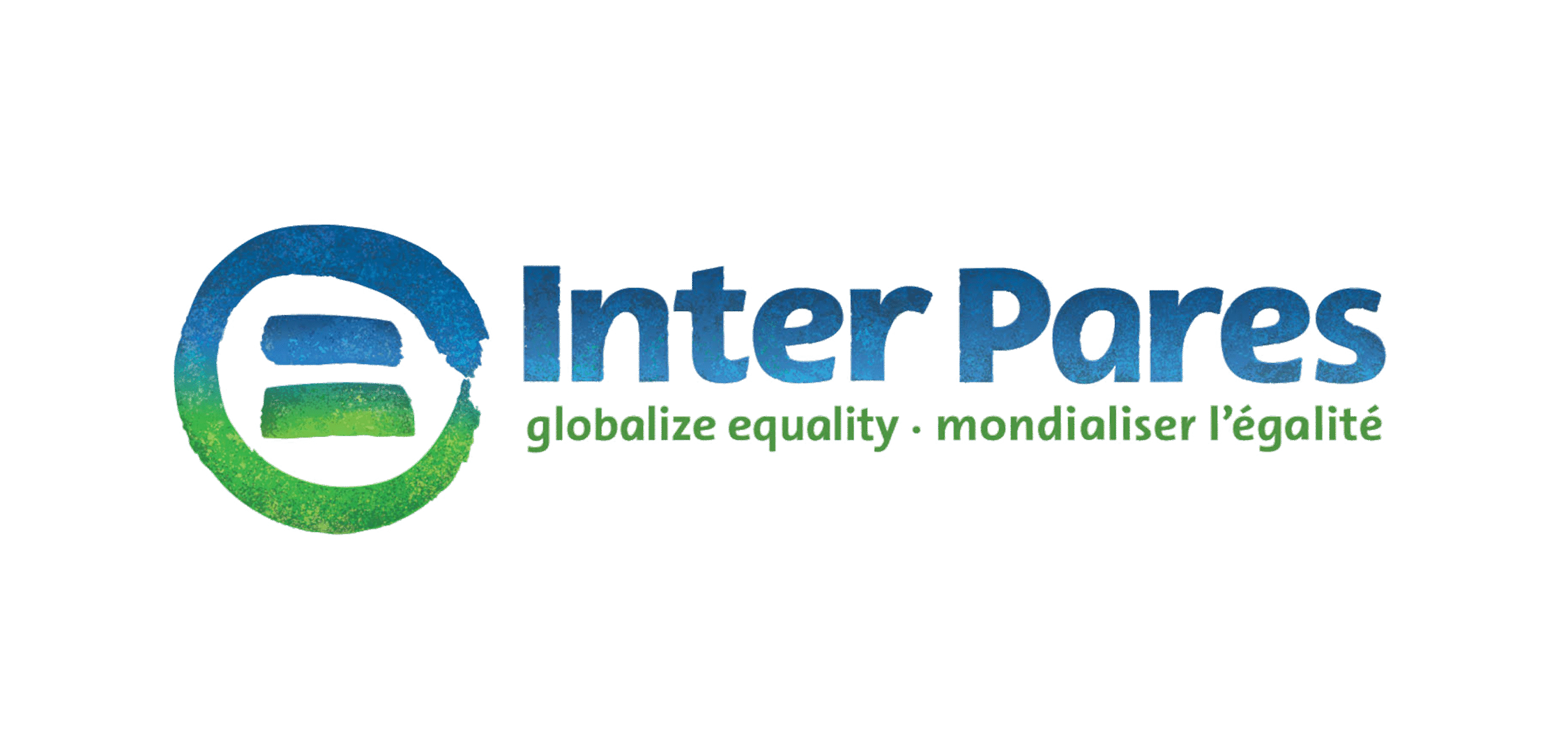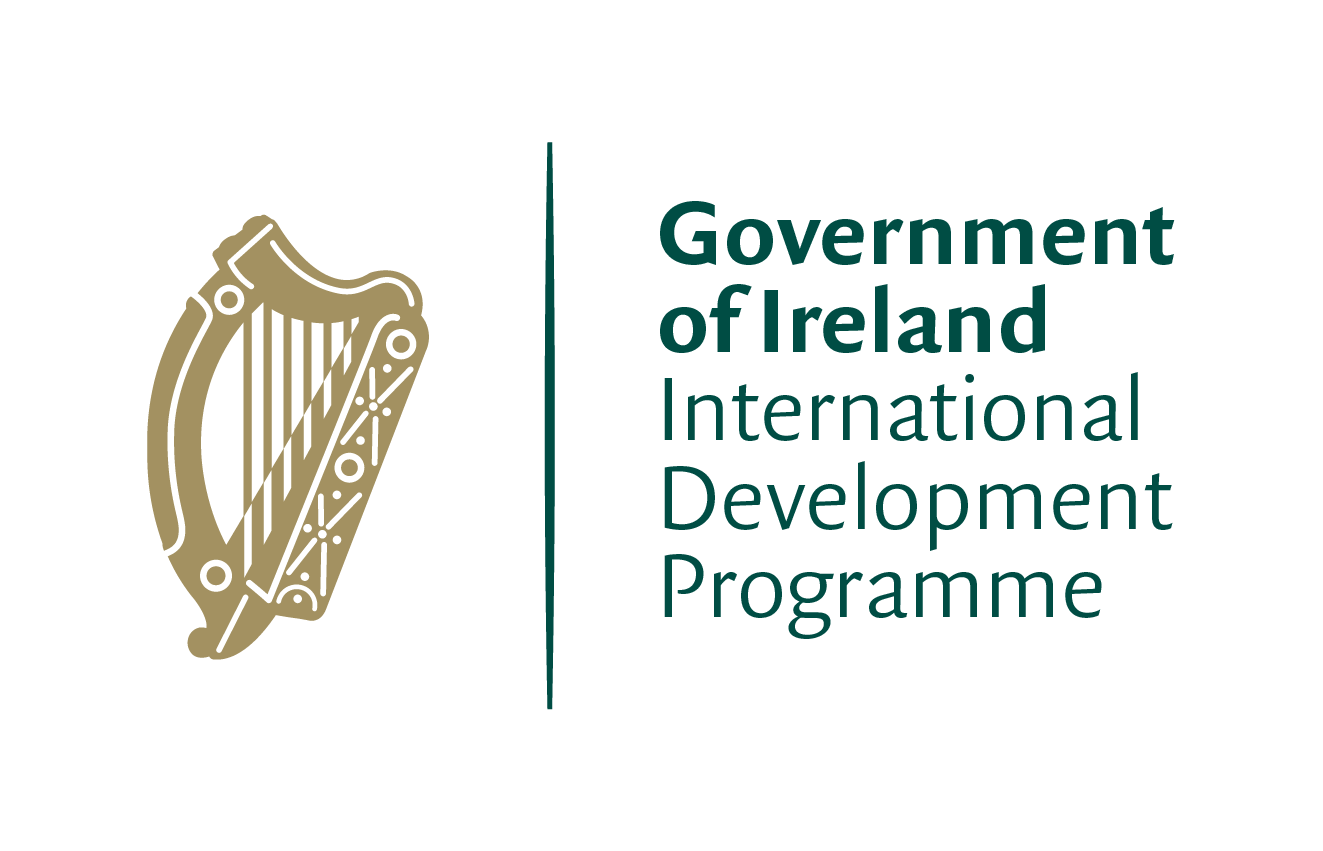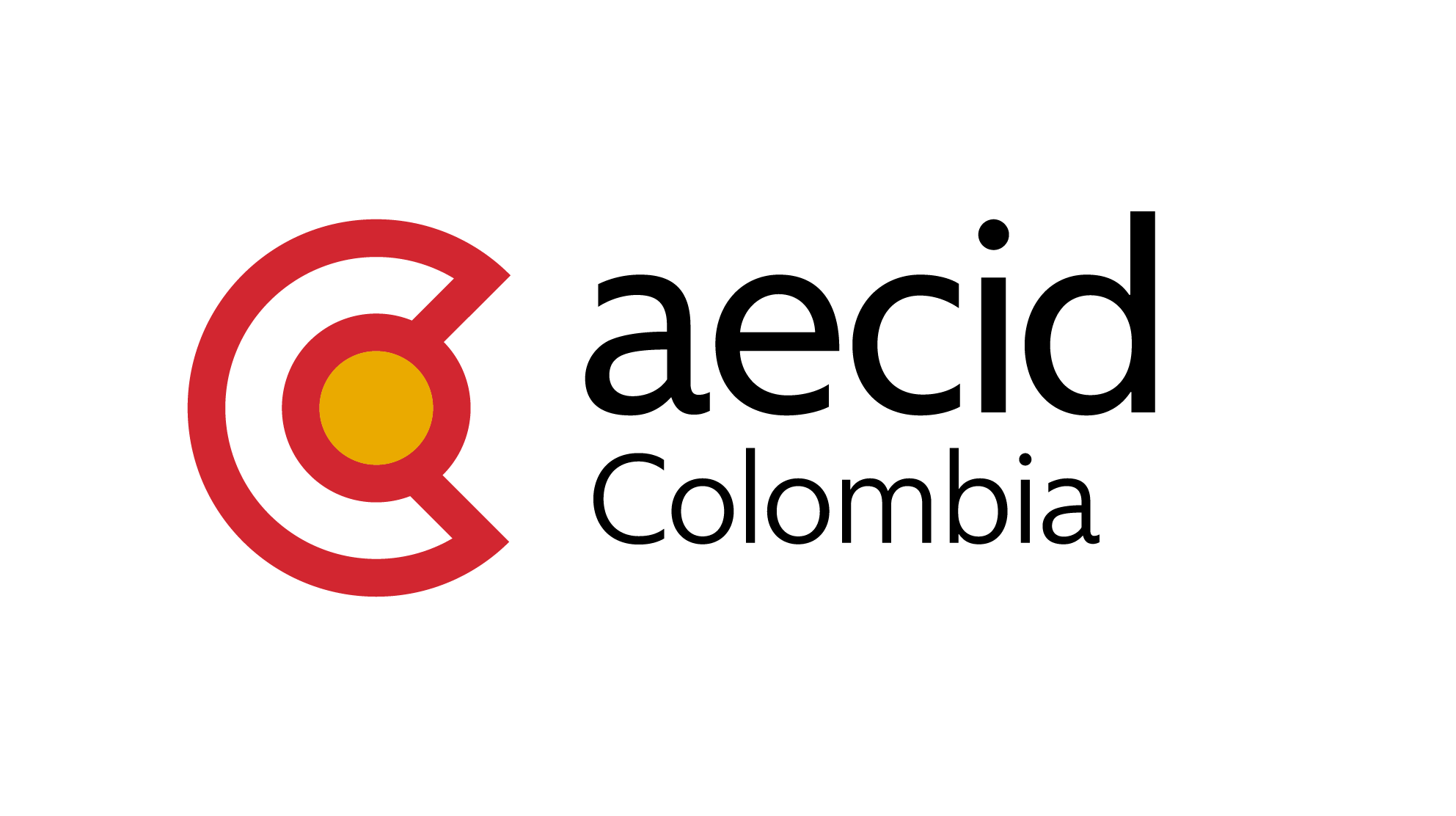Through a tutela action, Colombia Diversa succeeded in getting the 36th Family Court of Bogotá to recognise that the minor had the right to legal personality and to have a family, and ordered the Registrar's Office to issue a birth certificate with the inscription of both of the child's mothers. In addition, to add the Colombian mother's surname to the minor's name.
This case portrays the difficulties of diverse families living in Venezuela, a country where their rights are not recognised. The courtship between Carolina, a Colombian lesbian woman, and Teresa, a Venezuelan lesbian woman, began in 2003. After living together for seven years, they decided to start an assisted reproduction treatment to have their daughter, so they began the gestation process in October 2011, which was carried out by Teresa at the Avila clinic in Caracas, and in 2012 Liliana was born. In Venezuela, their daughter Liliana was registered only with the data of the pregnant mother because in that country they do not recognise same-parent families, nor the rights of children to have their double maternal filiation registered.
By 2018, this family began to live a nightmare. Carolina decided to return to her country and some time later her daughter came to live with her. From that moment on, they started to go through a series of obstacles to get Liliana's civil registry to include the maternity of both of them.
"The civil registry official who attended me told me that in order to recognise the child I had to bring an order from the Family Welfare Institute," Carolina told the court. Then when she went to the ICBF, the situation worsened "because they guided me as if I were a heterosexual couple who were contesting maternity, referring me to a DNA test on my daughter "to find out whether or not there is a father" and after explaining that it was a same-sex couple they told me that "I could not recognise her because I am not biologically anything of the child and in that case I could do a spousal adoption".
The impossibility of registration resulted in several violations of the minor's fundamental rights. According to Carolina, her mother, at that time "I had the minor with permits sent by her mother from Venezuela, which do not allow me to have my daughter as part of my family nucleus in any of the protection systems such as: nationality, health, Sisbén, EPS, among others, which has also prevented the child from having vaccinations or attending educational outings at school because she does not have an affiliation with a company providing health services. In addition to benefits such as food vouchers for not having a formal mother-daughter bond".
The lawyers of Colombia Diversa, who provided legal accompaniment during this case, expressed that the barriers put in place for the plaintiff constitute "the extraterritorial application of discrimination, as they would be extending the discriminatory effects of the non-recognition of homoparental and diverse families in Venezuela to Colombia, where they do have full constitutional protection".
For these reasons, the organisation advised on this case and on behalf of the plaintiffs filed a tutela action against the Colombian National Registry Office. A couple of days ago, the 36th Family Court granted the protection of the minor's fundamental rights to legal personality and to have a family, and ordered the issuance of the civil registry of birth with the registration as mothers of the girl.
Undoubtedly, this decision represents a victory and a further recognition on the road to guaranteeing the full dignity of diverse families. In addition, Colombia Diversa is working on the project "MigraciónEsLGBTIQ+" together with the organisation Diálogo Diversa, in Ecuador, and supported by IDRC to establish a legal framework that guarantees the rights of LGBTIQ+ migrants in the region.

